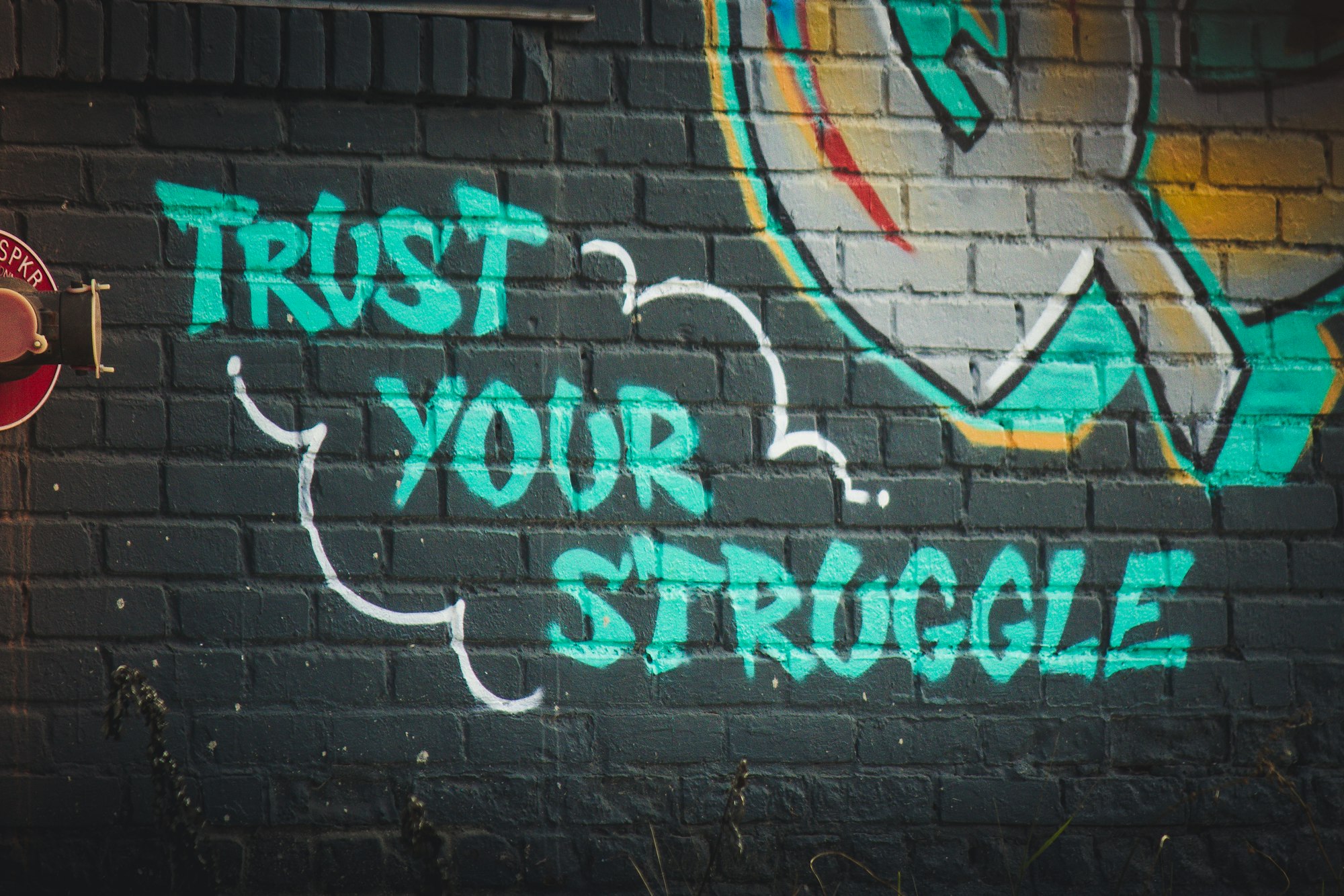Kyla Houbolt, "I see no reason for poetry"
How do we learn? Often by pretending to be who we want to be. Like all things, this is full of complications and contradictions.

Greetings! Thank you for reading
I can't say enough about how much I appreciate those of you willing to write. It gets me to reflect on what I take for granted. Kyla Houbolt's "I see no reason for poetry" below had me trying to figure out how I relate to authenticity. It's not an easy subject for me to discuss because a large part of being regarded as authentic is having people who are willing to extend you that grace.
On a related note, you'll find this very interesting: How the high school textbooks of US Senators treated slavery and the Civil War. One might argue "oh no one pays attention in high school." I feel that actually makes this worse. It means no one is in a position to question decades of neo-Confederate propaganda masquerading as knowledge of American history.
Kyla Houbolt, "I see no reason for poetry"
A compliment I keep revisiting: being called “real.” I was at a gathering to see a friend and her new baby, and she wasn’t sure how to introduce me to her other friends. Conversation was going well, and it steered into tougher topics: employment, ex-lovers, in-laws, being a new parent. No one felt uncomfortable, the mood was that of acceptance and giving, and that’s when I got called “real.” It was clear while all of us were talking that she was thinking what to say about me. That she was putting heartfelt effort into the endeavor, to give the best compliment she possibly could.
As for myself, I didn’t even think about what I was doing. I was just listening to everyone earnestly, asking questions, trying to make sure everyone was heard.
***
“Real” is unusual. It has force in proportion to our anger against “fake.” That indicates a nerve has been struck; people really hate being deceived. This friend isn’t the only one to call me “real.” Only now am I beginning to realize how powerful a reputation for integrity is. I try not to think about it because a reputation is just that—the opinions of others. If I’m to actually have integrity, I have to be comfortable with my reputation no matter what. It is very possible in today’s world to be slandered effectively and thoroughly, and if I pride myself on a reputation for integrity, that can be a recipe for disaster. People say the quickest way to die in prison is to insist on your innocence. Those who are genuinely innocent are especially at risk. The attention you need to pay to your own survival wastes on appeals to those paid not to care.

Still. There are rewards for being thought real, and they’re more powerful than anything on a CV or a resume. Integrity, especially in this age of grifters, looks more and more like not just any virtue, but the highest one.
***
So. Asking for poetry to be as real as possible seems not only reasonable, but humane. But it does feel like “poems only pretend to capture / the uncaged” and that “we pretend / to understand it:”
I see no reason for poetry (courtesy the author) Kyla Houbolt poems only pretend to capture the uncaged and so we pretend to understand it.
Authentic expressions of experience, we tend to believe, don’t just challenge poetic convention. They overturn it. 6 year old Nael wrote a perfect poem by merely exclaiming his excitement:
The Tiger (from "They're Singing a Song in Their Rocket") Nael, age 6 The tiger He destroyed his cage Yes YES The tiger is out
I don’t need to pretend to understand anything to know the mixture of power, freedom, and awe Nael articulates. And therein lies a trap. Every so often someone will write me and tell me that even though he couldn’t pass eighth grade, he’s rich now and reads lots on the internet, and that’s why he should be given an endowed chair at Yale or be Secretary-General of the UN and also all formal education is fake.
Nael did write a perfect poem. People who have spent lots of time working on craft, teaching writing classes, pursuing their MFA, or reading other poets can see that readily. They’re spending time building sensitivity to how things operate. Formal education is no guarantee of that sensitivity, nor is working on craft. But anyone serious about anything doesn’t pass up a chance to learn more.
How do we learn? Often by pretending to be who we want to be. Like all things, this is full of complications and contradictions.
***
There’s a negative side to pretending. A hugely negative one. We imagine ourselves as others and start thinking we understand their pain. We start believing we know them better than they know themselves. There’s the possibility of real harm in stealing the experiences of others.

And then there’s this frustration. I’m feeling a certain way, I want to write about it. Every word is not doing justice to my own emotions. Worse, I will be misunderstood and have that misunderstanding thrown in my face. Condemned by my own labors—“well, this is what you wrote.”
There is no “reason” for poetry. I agree.
Poetry is a risk. Like all attempts at making.
I pretended to be real and became real. I pretended to be a writer and became a unique one. Someone who explains on an intuitive level how reading and responding to art works. Someone who can take that explanation and then apply it to the history of philosophy and political thought and get results.
The trick to pretending is to accept that it’s an imperfect process. That a valuable result is the exception, not the rule.
But again, results do vary. And sometimes what’s “uncaged” shouldn’t be dodged through pretense. Ultimately, all we have is the “real,” and the fact we don’t have it.
